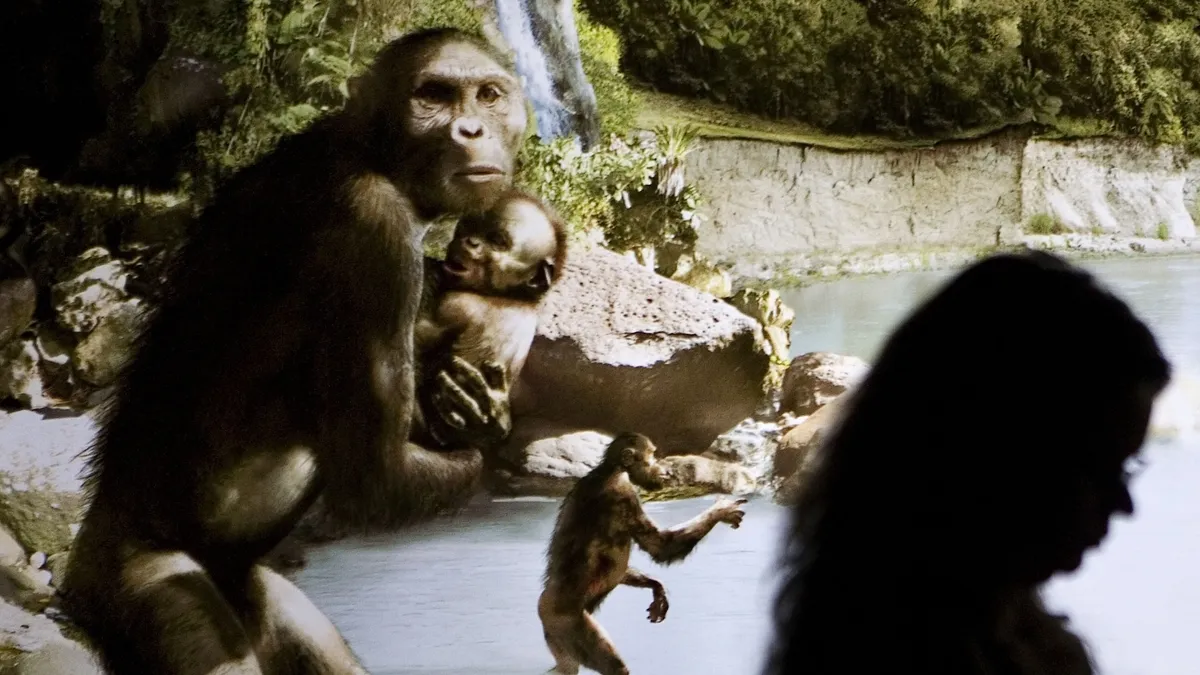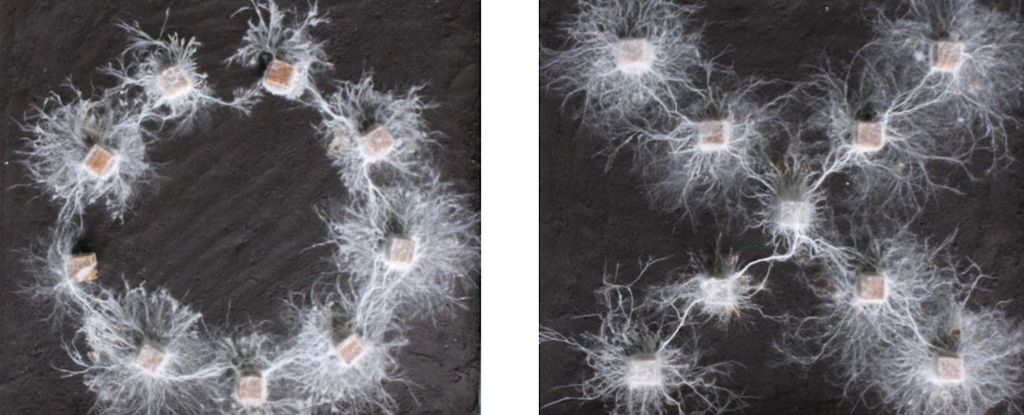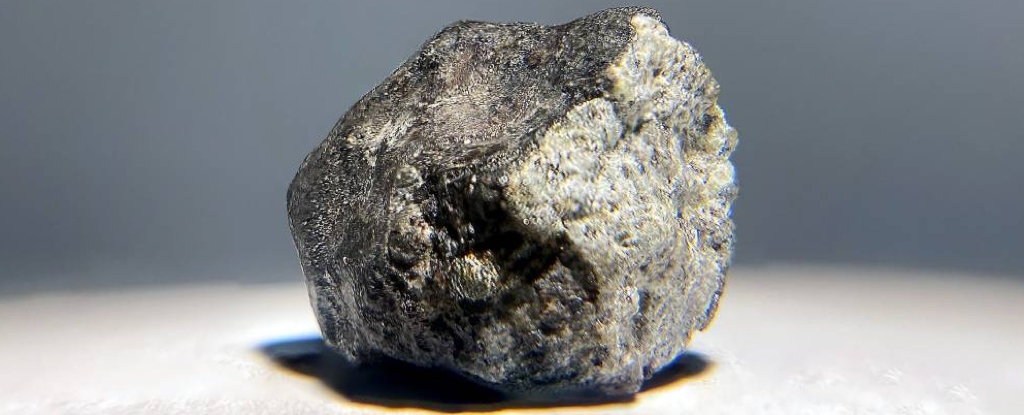Earth news stories

Lucy lived in a wide range of habitats from northern Ethiopia to northern Kenya. Researchers now believe she wasn’t the only australopithecine species there.

Famously known for its extensive ring system, Saturn is one of four planets in our solar system that have the distinctive feature. And now, scientists hypothesize that Earth may have sported its own ring some 466 million years ago.
Ancient pollen and charcoal remains uncovered from islands north of Tasmania (Lutruwita) suggest that human fire management practices were happening in the region 41,600 years ago. The study, published in Science Advances, draws on 2 sediment records collected from islands in the Bass Strait.
More than 700 million years ago, the entire globe was covered in ice in a period called “Snowball Earth”. At least, that’s what scientists think. Now geologists believe they’ve found the best evidence that the “Snowball Earth” was really a global event.

Emerging evidence suggests that plate tectonics, or the recycling of Earth’s crust, may have begun much earlier than previously thought — and may be a big reason that our planet harbors life.

Scientists say there has been an alarming lack of progress in saving nature as the UN biodiversity summit, COP 16, draws to a close…Representatives of 196 countries have been meeting in Cali, Colombia, to agree on how to halt nature decline by 2030.

The devastation of a giant meteorite impact on early Earth may have allowed life to flourish, new research suggests. The study was published Oct. 21 in the journal PNAS.

According to a new study published in the journal Fungal Ecology, fungi may have their own unique measure of intelligence, making them capable of basic shape recognition and decision-making throughout the networks they build.
Palaeontologists studying fossils of corals and algae from 385 million years ago have found a symbiotic relationship between the organisms today was present in the ancient past as well. The research was published in Nature.

Meteorites have a pretty bad reputation. The most recent major impact with our planet was – to be fair – pretty devastating, wiping out a good three-quarters of all animal species on the planet. But a much, much larger impactor, much longer ago, may have had the opposite effect. The research has been published in the Proceedings of the National Academy of Sciences.

…Over one hundred Shipibo-Conibo Onanyabo, or ancestral medicine healers, from the Ucayali region of Peru…met in July to discuss the future of spiritual tourism, the defense of traditional knowledge, and the protection of the forest and Indigenous territories. One of the main takeaways from the meeting was ayahuasca is under threat of extinction.

An ability to sense and respond to the world is vital for the survival of most organisms, but methods of perception can vary significantly. We tend to think of animals as the most gifted in that regard… but a species of fungus is offering a challenge to what we think we know about intelligence. The research has been published in Fungal Ecology.

Researchers at the University of Toronto have cracked the code of plant-to-fungi communication in a new study published in the journal Molecular Cell.

Until now, only a small fraction of meteorites that land on Earth had been firmly linked back to their parent body out in space – but a set of new studies has just given us compelling origin stories for more than 90 percent of meteorites today. The research has been published in Nature, here and here, and Astronomy and Astrophysics.
The trees, the researchers found, were able to do this despite sharp declines in population range and numbers, especially during ice ages. The results of the study are published in Nature Communications.

Humans seem to have been adapted to the last ice age in similar ways to wolves and bears, according to our recent study, challenging longstanding theories about how and where our ancestors lived during this glacial period.








